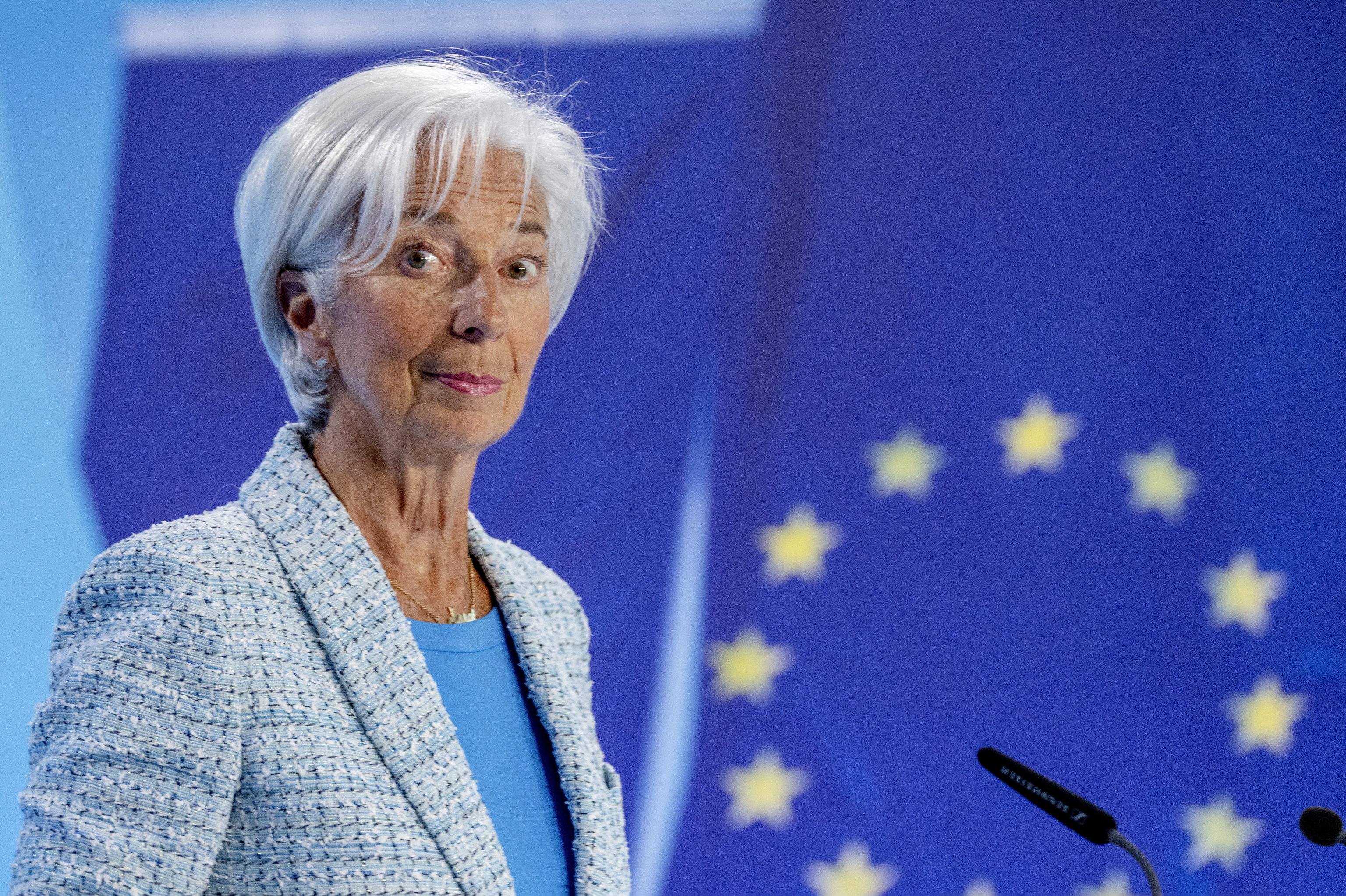It is one of the central points at the informal meeting of the European Union's Ministers of Economy and Finance, taking place in Warsaw this Friday and Saturday. French President Emmanuel Macron also referred to it yesterday in a post on his social media. A high EU source points out very clearly: Europe is preparing for 90 days where investment will come to a standstill. "Everything will come to a halt awaiting the outcome," emphasizing the period during which both the United States and Europe have agreed to a tariff truce for negotiations.
During this period, investment decisions will be postponed for the most part until trade rules are clear. Until companies have, at least, some clarity. "The temporary suspension of US tariffs for 90 days is both a signal and an opening for negotiation. However, this pause remains fragile. Fragile, because 90 days of pause mean 90 days of uncertainty for our companies, on both sides of the Atlantic and beyond," as Macron himself defined.
At the same time, this temporary truce is not calming the markets, only exacerbating nervousness. "The pause is not leading to more stable market behavior. The dollar continues to rise, as does the yield on the US ten-year bond... This is currently the main concern: uncertainty. Uncertainty. Uncertainty and uncertainty," sources familiar with the conversations held in Warsaw yesterday and which will surely continue on Saturday in the Polish capital point out. They also add that there is a sense that total stock market calm will not come until there is an agreement between the US and China, something that currently seems far from likely.
However, all this does not imply questioning the adequacy of the measure announced by the President of the European Commission, Ursula von der Leyen, last Thursday. On the contrary, the pause is seen as a very good opportunity to negotiate, to reach an agreement, which is what Europe has always wanted. In fact, offers such as "zero" tariffs between the US and the EU were highlighted again yesterday, and President Trump's announced pause was interpreted as a favorable sign to start that negotiation.
But without being "naive," as Economy Minister Carlos Cuerpo emphasized before participating in the aforementioned Finance Ministers' meeting. "Let's not forget that only part of the total tariffs have been paused that are currently on the table. Another 10% is missing for the EU in general or practically general, plus the 25% still on steel and aluminum and also 25% on the automotive sector. We need to progress towards a negotiated agreement, but one that is fair and balanced," he stressed.
To complete the complex economic context facing Europe and the global economy, EU Commissioner for Economy Valdis Dombrovskis offered the Commission's forecasts on the impact the trade war will have in terms of growth. According to these estimates, the US will be the economy most affected by its own president's tariff measures. In the current situation, Brussels foresees that the overall Gross Domestic Product (GDP) of the EU will contract by two tenths by 2027, while the US will decline between 0.8% and 1.4%.
But "if it is perceived that the tariffs are permanent or if there are more countermeasures, the economic consequences would be more negative: up to between 3.1% and 3.3% for the US, between 0.5% and 0.6% for the EU, and 1.2% for the global GDP," added the Latvian commissioner.
"These simulations cannot be entirely precise, but they show the general trend that tariffs are harmful to the economy and prosperity," he continued in the press conference following the Eurogroup meeting, adding that "it is clear" that it will be the US that will be most affected by the tariffs.
During the same appearance, ECB President Christine Lagarde also participated, avoiding offering specific measures or figures, as Dombrovskis did. She simply pointed out that the institution she leads is monitoring the situation and will do everything within its power to ensure stability. "The ECB monitors and is always ready to use the tools at its disposal, and has presented in the past the necessary instruments and tools to ensure price stability and, of course, financial stability, because one does not go without the other," she stated.
Of course, she did not mention any possible monetary policy measures or interest rate cuts because her mandate prohibits it. But that, and returning to the dollar depreciation, is also something that has crept into the ministers' conversations. That, and even the possibility of the euro taking the place that the US dollar may lose as the world's reserve currency.
